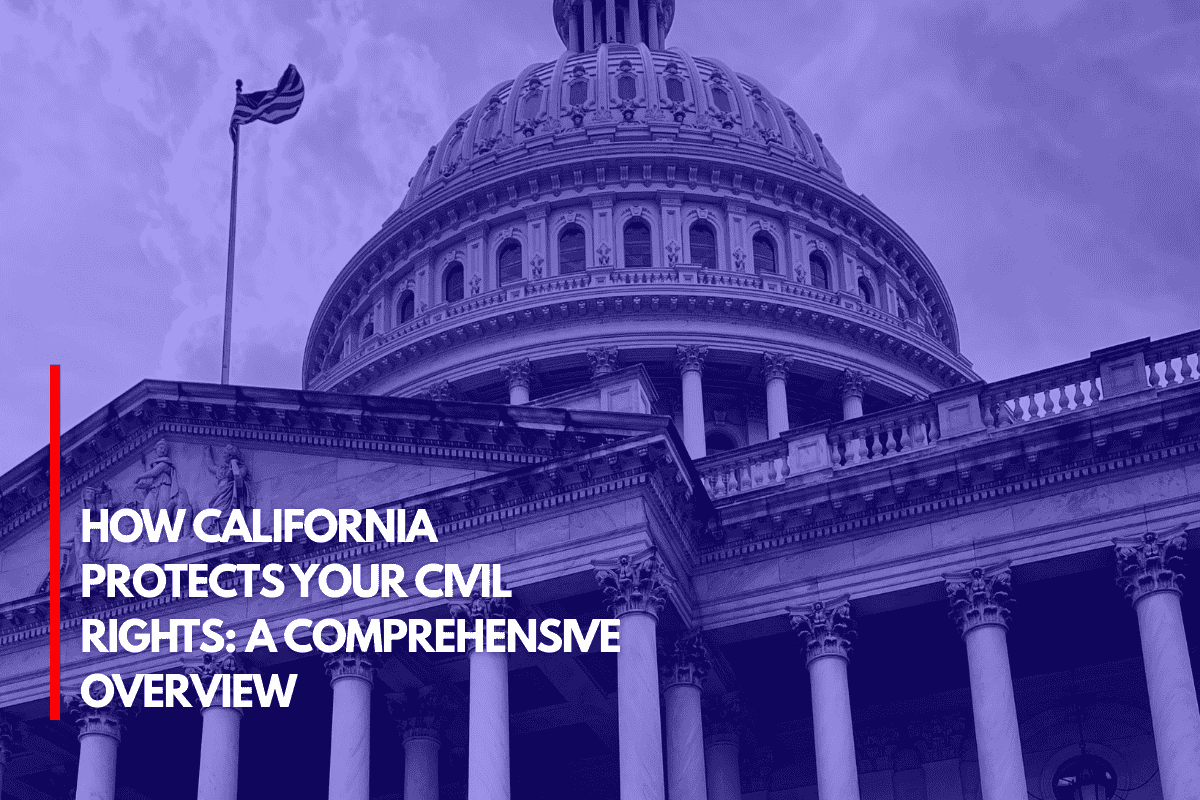Knowing your rights and what to do next to safeguard yourself legally is crucial if you are arrested in Pennsylvania. Here is a summary of your basic rights, the arrest process, and what you should do right away.
1. Your Fundamental Rights
Other than providing basic identity information, you are not obliged to respond to police inquiries. In court, whatever you say could be used against you. Inform the cops that you are using your right to silence in a courteous manner.
Before responding to any police queries, you are entitled to speak with a criminal defense attorney. A lawyer will be assigned to represent you at free cost if you are unable to pay for one.
You must be told the charges and the reasons behind your arrest when you are taken into custody. This ought to occur soon after being placed under arrest.
You cannot be forced to make self-incriminating comments by the authorities under the Fifth Amendment. You have the right to remain silent.
2. Arrest Procedures & What Happens Next
With or without a warrant, you could be arrested by the police. Unless an officer witnesses the offense, misdemeanors usually require a warrant.
If an officer plans to question you after you are arrested, they must first read your Miranda rights. These rights include the right to an attorney, the right to be silent, and the right to have a lawyer assigned if you are unable to pay for one.
As quickly as possible, you must appear before a court for a preliminary arraignment. At this point:
We’ll read the charges.
You may be released on your own recognizance (ROR) or bail may be established.
The following steps will be sent to you.
You will receive a summons with charges within five days if you are freed without being arraigned right away (typically for less serious offenses).
3. Immediate Actions to Take If Arrested
Remain composed and refrain from resisting arrest physically.
Invoke your right to silence politely and firmly.
Ask for a lawyer right away, and wait for your lawyer to arrive before signing anything.
Wait for your lawyer before attempting to defend or explain yourself to the police.
4. Legal Protections and Aftermath
You are entitled to cross-question witnesses, analyze all available evidence, and present a defense during the trial.
With the assistance of your attorney, you can contest any instances of police wrongdoing in court, such as unlawful searches or the use of excessive force.
You have the right to get medical help and to record the occurrence if you are hurt during the arrest.
You can seek assistance from groups such as the American Civil Liberties Union if you believe your rights have been infringed.
5. Summary of the Criminal Procedure in Pennsylvania
| Phase | What Happens | Your Rights |
|---|---|---|
|
Arrest |
Taken into custody; Miranda rights read for interrogation | Right to silence, Right to a lawyer |
|
Arraignment |
Charges read; bail set or ROR considered | Lawyer appointed |
|
Preliminary Hearing |
Evidence reviewed; charges may be dropped or advanced | Right to a lawyer, Right to cross-examine |
|
Trial |
Jury or bench trial; verdict by reasonable doubt | Right to defense, Right to appeal |
Key Takeaway
Always stay silent, ask for legal representation, and avoid making any judgments or statements without first speaking with legal counsel if you are arrested in Pennsylvania. To defend yourself during the legal process, maintain your composure, stand up for your rights, and get expert legal counsel straight away.
References:












